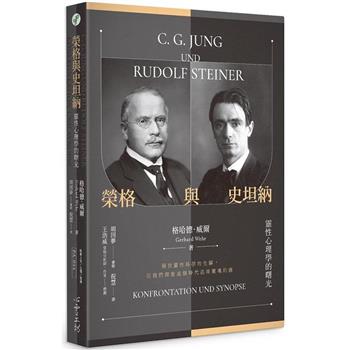D.Z. Phillips argues that intellectuals need not see their task as being for or against religion, but as one of understanding it. What stands in the way of this task is certain methodological assumptions about what inquiry into religion must be. Beginning with Bernard Williams on Greek gods, Phillips goes on to examine these assumptions in the work of Hume, Feurerbach, Marx, Frazer, Tylor, Marett, Freud, Durkheim, Levy-Bruhl, Berger and Winch. The result exposes confusion, but also gives logical space to religious belief and shows how the academic study of religion may return to the contemplative task of doing conceptual justice to the world. Religion and the Hermeneutics of Contemplation extends in important ways D.Z. Phillips' seminal 1976 book Religion Without Explanation. It will be of interest to scholars and students of philosophy, anthropology, sociology and theology.
| FindBook |
有 1 項符合
Religion and the Hermeneutics of Contemplation的圖書 |
 |
Religion and the Hermeneutics of Contemplation 作者:Phillips 出版社:Cambridge University Press 出版日期:2001-07-26 語言:英文 規格:精裝 / 346頁 / 23.1 x 15.5 x 2.3 cm / 普通級 |
| 圖書館借閱 |
| 國家圖書館 | 全國圖書書目資訊網 | 國立公共資訊圖書館 | 電子書服務平台 | MetaCat 跨館整合查詢 |
| 臺北市立圖書館 | 新北市立圖書館 | 基隆市公共圖書館 | 桃園市立圖書館 | 新竹縣公共圖書館 |
| 苗栗縣立圖書館 | 臺中市立圖書館 | 彰化縣公共圖書館 | 南投縣文化局 | 雲林縣公共圖書館 |
| 嘉義縣圖書館 | 臺南市立圖書館 | 高雄市立圖書館 | 屏東縣公共圖書館 | 宜蘭縣公共圖書館 |
| 花蓮縣文化局 | 臺東縣文化處 |
|
|
圖書介紹 - 資料來源:博客來 評分:
圖書名稱:Religion and the Hermeneutics of Contemplation
|









